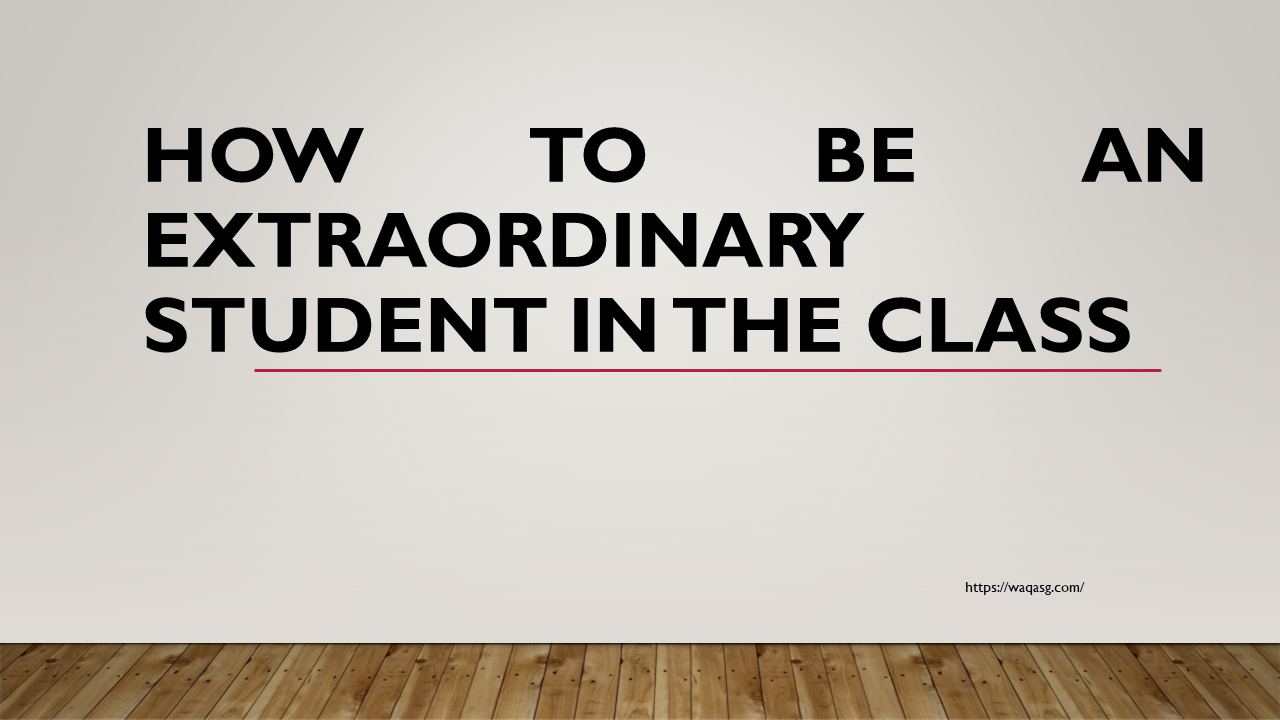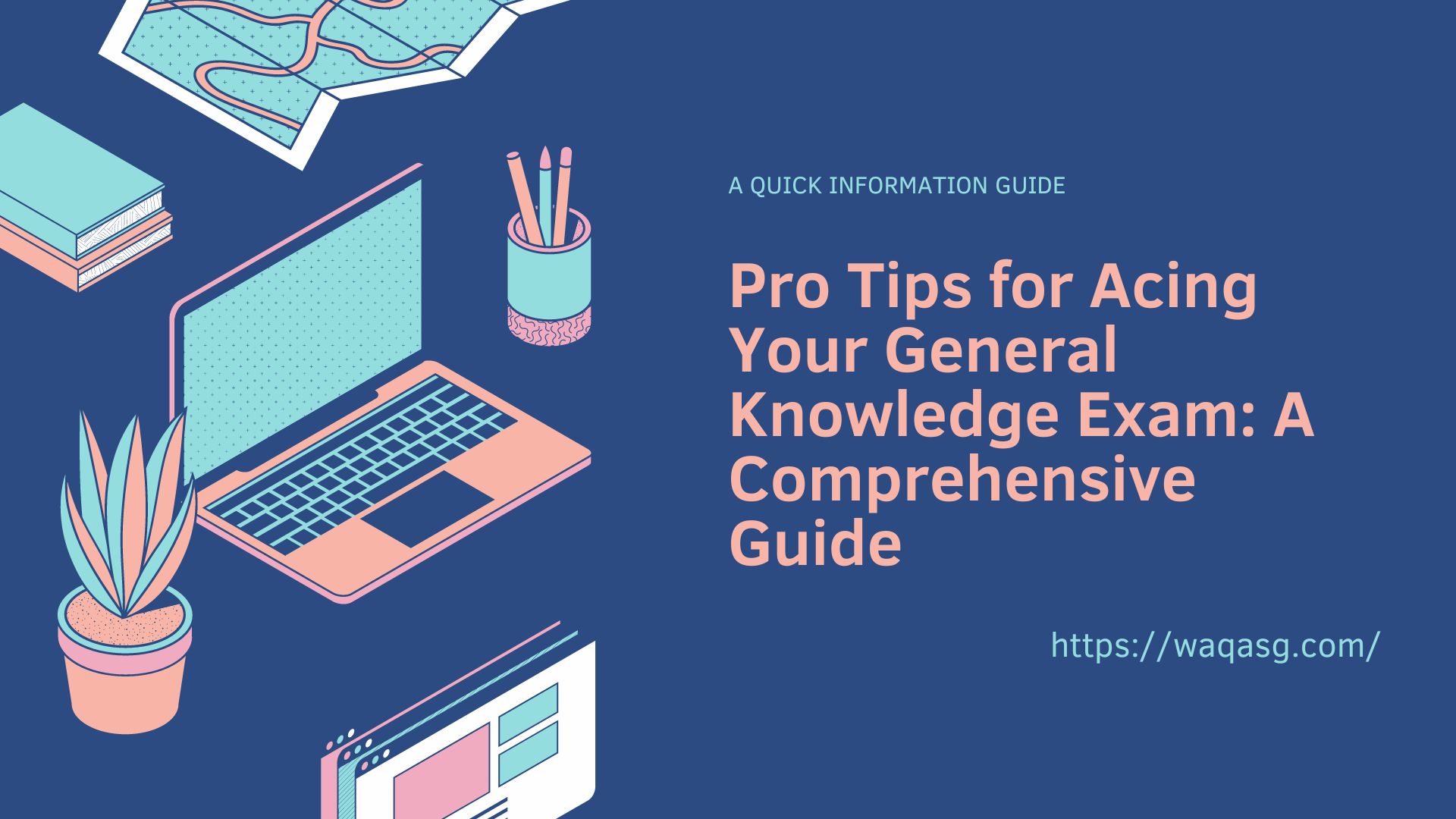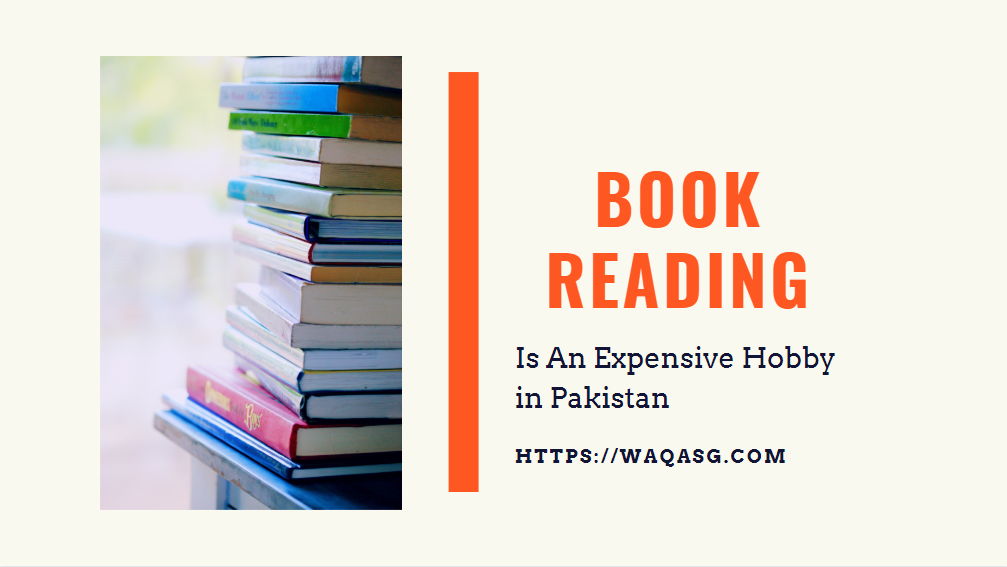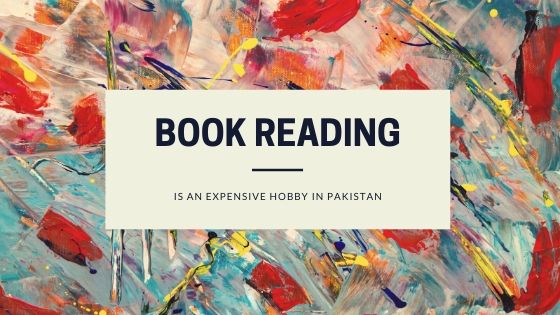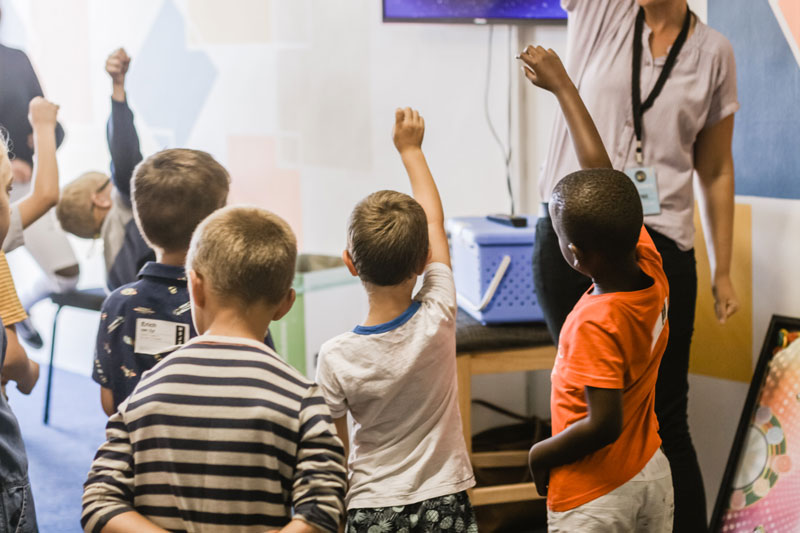Becoming a successful student involves cultivating various essential qualities and adopting effective habits.
Introduction
The journey through academics and productive learning can be a complex one, demanding an array of fundamental skills. These skills range from setting clear objectives and ensuring regular class attendance, to mastering efficient note-taking techniques, maintaining organization, and promoting active engagement. This article serves as a comprehensive resource, providing practical advice on crucial aspects like wise time management, recognizing when to ask for help, keeping motivation high, developing self-discipline, and looking after your overall health.
Each section of this guide explores a unique skill, elucidating its importance and offering concrete steps for its application in your educational journey. The aim of this guide extends beyond improving your academic performance; it strives to promote a balanced and wholesome approach to learning and life. Regardless of whether you are a secondary school student or an enthusiast of lifelong learning, these strategies will be indispensable in your quest for knowledge and accomplishment.
Below are some valuable tips to help you on your journey to becoming a good student:

1. How to Establish Clear Goals for Study?
Establishing clear goals for study is essential to maintain focus and motivation. Begin by identifying your objectives and clarifying what you want to achieve. Ensure that your goals are specific and measurable, and break down long-term goals into smaller, manageable short-term goals. Set goals that are realistic and attainable, and prioritize them based on their importance. Write down your goals and create an action plan with actionable steps to guide your study process. Regularly monitor your progress, keeping track of completed tasks and milestones. Stay motivated by celebrating milestones and acknowledging your accomplishments along the way. Clear goals provide a sense of direction and purpose to your study, enabling you to optimize your efforts and make the most of your learning journey.
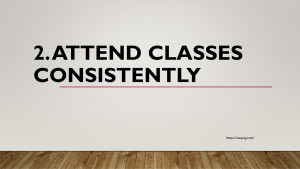
2. Attend classes consistently:
To attend classes consistently and avoid irregularity, it is important to prioritize attendance and create a schedule that allows for dedicated class time. Utilize reminders and be punctual to maximize your learning opportunities. Actively participate in class discussions, stay organized, and manage your time efficiently. Seek support from classmates and communicate with instructors if you are unable to attend. Stay committed to attending classes regularly, keeping your long-term goals in mind. By following these steps, you can maintain focus, optimize your learning experience, and establish a strong academic foundation.
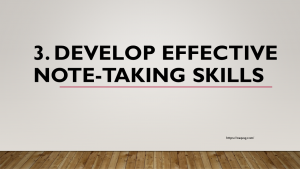
3. Develop effective note-taking skills:
Developing effective note-taking skills is essential for retaining information and maximizing learning. To do so, it’s important to come prepared by reviewing the material beforehand. Choose a structured format like the Cornell method or outlines to organize your notes. Actively listen during lectures, focusing on key information and summarizing it in your own words. Use abbreviations and symbols for quick writing. Highlight and emphasize important points, and regularly review and organize your notes. Incorporate visual aids, utilize technology tools, and personalize your notes with insights and questions. Practice and adapt your note-taking techniques to fit your learning style. By developing these skills, you can enhance understanding, retain information effectively, and improve your academic performance.

4. Stay organized
To stay organized in your study, note-taking, and lectures, it is important to establish a study routine, utilize a planner or digital calendar, create a dedicated study environment, and take organized and concise notes using a structured format. You can also consider exploring digital note-taking tools for efficient organization and retrieval of information. Label and file your notes, and make it a habit to regularly review and revise them to reinforce your learning. Additionally, keep track of assignments and deadlines, actively participate during lectures, and leverage online resources to supplement your understanding. By implementing these strategies, you can enhance your organization, optimize your learning experience, and effectively manage your academic responsibilities.

5. How to Actively Participate in Class?
Actively participating in class is essential for engaging with the material, deepening understanding, and contributing to a dynamic learning environment. Steps to active participation include reviewing materials beforehand, asking clarifying questions, contributing insights and examples to discussions, actively listening to the instructor and classmates, taking detailed notes, participating in group activities, respecting others’ opinions, connecting the material to real-life examples, seeking feedback, and reflecting on your learning. Active participation enhances learning, fosters critical thinking, and contributes to a collaborative and meaningful learning experience.

6. Manage your time wisely:
To manage your time wisely, begin by setting clear goals and prioritizing tasks based on their importance. Develop a schedule that allocates specific time slots for various activities and break down larger tasks into smaller, more manageable parts. Avoid procrastination and minimize distractions to maintain focus. Explore time management techniques and consider delegating or outsourcing tasks when appropriate. Learn to say no to activities that don’t align with your priorities, and make self-care a priority by taking care of your well-being. Regularly evaluate and adjust your time management practices for ongoing improvement. By implementing these strategies, you can effectively manage your time, increase productivity, and achieve a healthier work-life balance.
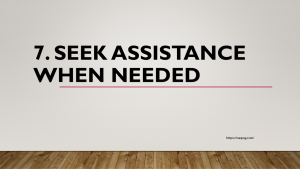
7. Seek assistance when needed:
Seeking assistance when needed is essential for personal and professional growth. To seek assistance effectively, it is important to recognize the need for help, identify the appropriate person or resource, and clearly communicate your request or problem. Approach the individual or resource with politeness and be receptive to their feedback and suggestions. Take action based on the recommendations provided and follow up as needed. Express gratitude for the assistance received and consider offering help to others when the opportunity arises. Remember that seeking assistance demonstrates strength and a commitment to learning and growth. Effective seeking of assistance enables you to overcome challenges, gain fresh perspectives, and foster your personal and professional development.
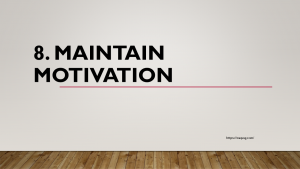
8. Maintain motivation:
Maintaining motivation consistently can be difficult, but there are strategies to help. Start by setting meaningful goals and breaking them down into smaller steps. Connect with the deeper reasons behind your goals to stay motivated. Create a visual representation of your goals using a vision board. Maintain a positive mindset by focusing on your progress and showing self-compassion. Seek inspiration from mentors or role models and introduce variety into your activities. Prioritize self-care to recharge your energy and track your progress to stay motivated. Surround yourself with supportive individuals and be patient with yourself during periods of low motivation. By consistently applying these strategies, you can cultivate a resilient and long-lasting sense of motivation.
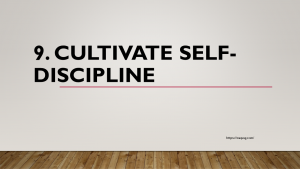
9. Cultivate self-discipline:
Cultivating self-discipline is a gradual process that requires patience and consistency. To develop self-discipline, set clear goals, establish a routine, break tasks down, practice time management, build self-control, embrace challenges, practice mindfulness, stay committed and persistent, seek accountability, and celebrate milestones. By implementing these strategies, you can develop self-discipline and achieve success in various areas of your life.
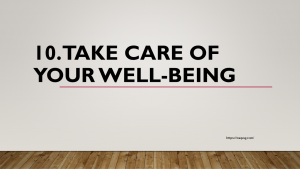
10. Take care of your well-being:
Taking care of your well-being is essential for maintaining a healthy and balanced life. Prioritize self-care, manage stress, maintain a healthy lifestyle, establish boundaries, cultivate supportive relationships, seek professional help when necessary, practice mindfulness and gratitude, and regularly assess and adjust your approach. By prioritizing your well-being, you can lead a happier, healthier, and more fulfilling life.
Remember, becoming a good student is an ongoing process that necessitates dedication and effort. By embracing these habits, you will be well on your way to achieving academic success.
Conclusion
To summarize, effective learning involves a sophisticated sequence of steps that goes well beyond simple rote learning. This involves various crucial elements, from setting clear goals to attending classes regularly, active involvement, and efficient note-taking skills. Additionally, it’s about time management, reaching out for support when required, keeping your motivation levels high, fostering self-discipline, and most importantly, prioritizing your holistic wellness.
Collectively, these methods act as a guide for a fruitful academic journey, enabling you to maximize your learning experiences. It’s worth noting that these skills aren’t confined to the academic setting. When consistently practiced, they can propel you to succeed in different areas of life.
Learning is a continuous process, and so is the application of these strategies. They demand regular practice and adapt as you grow. By incorporating these methods into your lifestyle, you’ll find yourself transforming into not just a successful student but a well-rounded person with an enduring zeal for learning and self-improvement.
Embrace these methods wholeheartedly, continuously polish them, and remain receptive to the ongoing voyage of learning and personal development. Your dedicated efforts will bear fruitful outcomes, setting the stage for a satisfying academic journey and a gratifying life.
